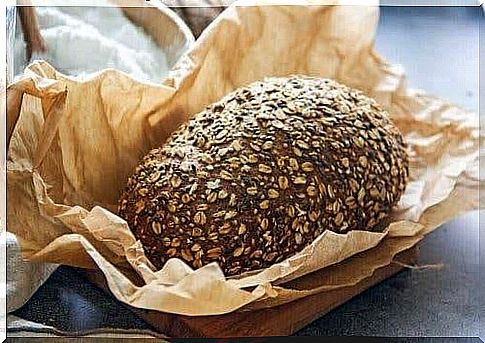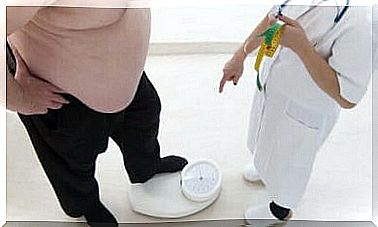Six Tricks To Reduce Your Carbohydrate Intake

To lose weight in a healthy way, it is wise to reduce your carbohydrate intake. However, this can be difficult because many foods that people eat every day contain them. Today we are going to share some tricks that will help you reduce your carbohydrate intake.
What are carbohydrates?
Carbohydrates are macronutrients that many people consume and whose main function is to immediately give the body the energy it needs to perform everyday physical tasks.
When you exercise intensely, your body uses carbohydrates to function. They are the main source of energy and are considered the foundation of the food pyramid.
Six tricks to help you reduce your carbohydrate intake
1. Replace wheat flour with flour with a lower carbohydrate content
Everyone knows that wheat flour that we use for baking usually contains lots of carbohydrates. What many do not realize, however, is that there are other types of flour with fewer carbohydrates that are just as versatile when it comes to baking and cooking.
Some of the substitutes for regular wheat flour are made with coconuts or walnuts. It is estimated that 100 grams of nut flour contains less than 11 grams of carbohydrates. Coconut flour contains less than 21 grams of carbohydrates. Thus, it is a good idea to use these alternative types of flour to lose weight.
2. Order vegetables as an accompaniment when you go out to eat

Most restaurants usually have many side dishes with vegetables on the menu. Depending on what you order, the waiter can offer you side dishes such as bread, potatoes, pasta, rice or vegetables. Making a good choice in this case is very important to reduce your carbohydrate intake.
Eat eggs and other foods with few carbohydrates for breakfast
Even breakfasts that may seem healthy tend to contain carbohydrates. Eggs are an excellent choice for a low-calorie breakfast because eggs contain less than 1 gram of carbohydrates, not to mention that they are a source of healthy protein that can keep you full for hours.
Ideally, you should learn how to cook eggs in a healthy way. Frying them with a little olive oil or cooking them hard and eating them with steamed vegetables are some of the many healthy ways to eat them.
4. Avoid sugary drinks to reduce your carbohydrate intake
Soft drinks and some types of juice available on the market have a poor nutritional level. Instead, they just give us lots of unnecessary calories.
Drinking them triggers an anxiety reaction in the body that almost always causes you to consume several sources of simple carbohydrates. Furthermore , their high sugar content affects the metabolic functions of our body, which among other things causes:
- Increased insulin resistance
- Tendency to develop type 2 diabetes
- Increased risk of high weight and obesity
5. Try other types of bread than white bread

Bread, which is very common in many people’s daily diet, is unfortunately one of the world’s most carbohydrate – rich foods. White bread is also among the worst choices when it comes to eating this food because they are low in fiber and contain a significant amount of carbohydrates.
The best thing you can do is look for healthier sources of grains than wheat, such as certain vegetables, seeds, nuts or healthier alternatives such as buckwheat bread.
Replace cow’s milk with other options to reduce your carbohydrate intake
Although milk is nutritious, you should not consume it if you want to start a low-carb diet. It is estimated that for every 240 ml of regular cow’s milk, the body absorbs between 12 and 13 grams of carbohydrates. Precisely because of this, it is wise to find replacements.
Some drinks you can replace cow’s milk with are coconut milk, almond milk and walnut milk. Most of these products contain no more than 2 grams of carbohydrates per serving, which represents a significant reduction in the long run.
Reducing your carbohydrate intake does not have to be dramatic and uncomfortable. The tricks we have shared here can help you make the transition both easy and healthy. Finally, it is worth remembering that what you are trying to do here is reduce your carbohydrate intake, not cut it out on a permanent basis.









